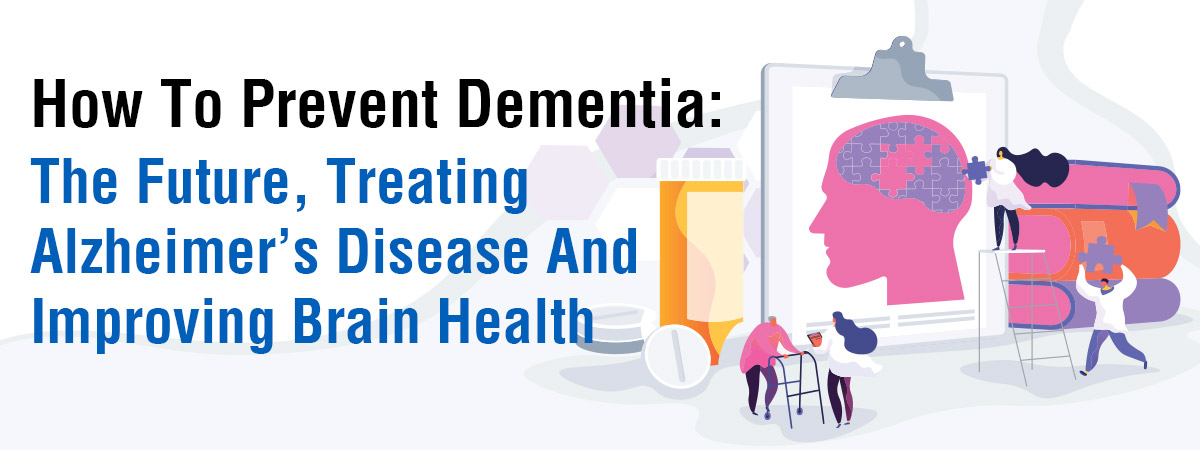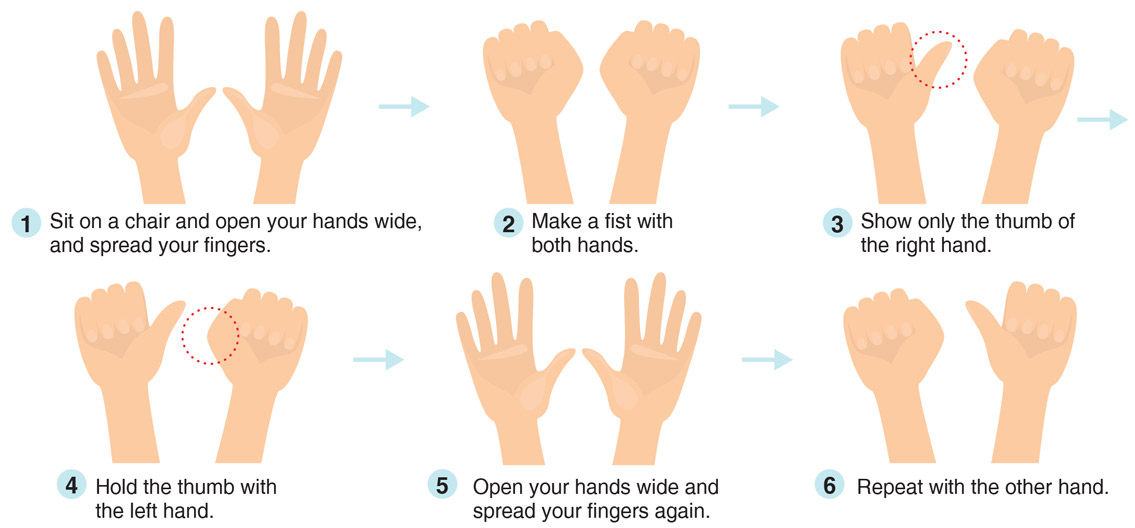Fucoidan Health News July: How To Prevent Dementia


Last month, the US Food and Drug Administration (FDA) approved Aduhelm (also known as aducanumab) to treat Alzheimer’s disease.
Alzheimer’s disease is the most common type of dementia. According to the 2019 report of the Alzheimer’s Disease International (ADI), it is estimated that there are more than 50 million people with dementia worldwide, and one person is diagnosed with dementia every 3 seconds. In the United States alone, 5 million people have Alzheimer’s disease, and the number of patients is rapidly increasing due to the aging of the population.
Alzheimer’s new drug – Approved by the USA for the first time in nearly 20 years
Recently, Food and Drug Administration (FDA) has approved aducanumab (produced by Biogen under the name Aduhelm), the first new treatment for Alzheimer’s disease in 18 years. It is used to treat mild cognitive impairment and early dementia caused by Alzheimer’s disease. However, Aduhelm is controversial because the FDA’s independent advisory committee stated that the evidence that new drugs can slow down patients’ cognitive decline with early Alzheimer’s disease was not convincing. Furthermore, the drugs can cause brain swelling and cerebral hemorrhage. It can cause serious side effects and is very expensive. Biogen said that the wholesale cost of treatment with aducanumab requires an infusion once every four weeks and is about $4,312 per infusion, making the annual cost around $56,000 for a high dose.
Since the exact cause of Alzheimer’s disease is still unknown, there is no proven way to prevent it. But there’s a lot you can do to lower your chance of getting it.
Diet
- Eat a healthy and balanced diet, consume at least five servings of fruits and vegetables a day.
- Eat more foods containing vitamin C: Guava, kiwi, papaya, strawberry, bell pepper, cauliflower, bitter gourd, and kale, etc.
- Keeping alcohol to a minimum.
- Research shows that N-3 unsaturated fatty acids can reduce the risk of Alzheimer’s dementia. Eat more bonito, mackerel, saury, salmon, etc.
- Enjoy a Mediterranean-style diet. Some studies have shown that the Mediterranean diet can greatly reduce the risk of cognitive impairment and Alzheimer’s disease. The Mediterranean diet consists of fruits and vegetables, olive oil as the main source of fat, natural dairy products, appropriate amounts of fish, eggs, and poultry, and a small amount of red meat and red wine.
Exercise
- Many studies have confirmed that exercise stimulates nerve regeneration in the brain and can help avoid brain degeneration. Do at least 150 minutes of moderate-intensity exercise every week. Brisk walking, jogging, swimming, cycling, and other aerobic exercises are all good choices.
- Manage your weight. Body mass index (BMI) should be less than 25. However, avoid losing weight when you are older.
- Exercise your muscles and give your brain vitality. Moderate weight and resistance training can increase muscle mass and help you keep your brain healthy. For people over 65, adding 2-3 times of strength training to your weekly routine may reduce your risk of Alzheimer’s disease by half.
- As you age, you may be more at risk of head injuries from falls, increasing the risk of Alzheimer’s disease. Yoga and Tai Chi can help you to stay healthy and coordinated.
Daily living habits
- Don’t smoke and also avoid secondhand smoke.
- Good quality sleep.
- Take it easy, don’t be too tired
- Maintain cognitive skills through reading and learning new things.
- Maintain an active social life, try new activities or hobbies, and participate in group sports, such as bowling.
- Meditate to reduce stress and refresh your brain.
Finger exercise is good for our brain, helps improve cranial blood flow, and prevents dementia.

Fucoidan testimonials
“I can go hiking, play sports, do gardening!”
My friend recommended taking Umi No Shizuku Fucoidan. After three months of taking Fucoidan, my physical is excellent. I have more energy to enjoy my favorite hobbies: gardening and hiking.
Eugene B. (57) California
References:
Walker, K.A., Chen, J., Zhang, J. et al. “Large-scale plasma proteomic analysis identifies proteins and pathways associated with dementia risk”. Nature Aging 1, 473–489.May 2021
https://edition.cnn.com/2021/06/09/health/aducanumab-questions-answered-wellness/index.html
Back to the list